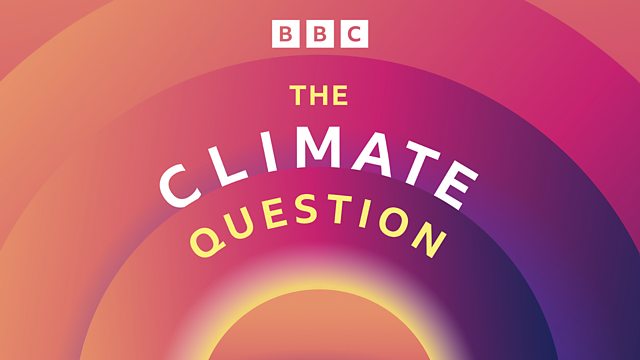Can indigenous knowledge help us fight climate change?
Adaptation is becoming increasingly important in the fight against climate change. Can indigenous knowledge help?
Indigenous people represent only about six percent of the world鈥檚 population, but they inhabit around a quarter of the world鈥檚 land surface. And they share these regions with a hugely disproportionate array of plant and animal life. According to the UN and the World Bank, about 80 percent of our planet鈥檚 biodiversity is on land where indigenous people live.
Global climate policy has however been slow to recognise that indigenous knowledge - built up over centuries - is worth listening to. This is despite the fact that sometimes in very remote areas, where scientific and meteorological data is lacking, this knowledge may be all there is. Indigenous knowledge can provide valuable insight into what adaptations have worked in the past, and so provide an important guide to the future.
What are the barriers to bringing indigenous knowledge out from the margins of climate research and policy, and can they be overcome?
Guests:
Nancy Kacungira, journalist, 大象传媒 Africa
Hindou Oumarou Ibrahim, environmental activist and member of Chad鈥檚 pastoralist Mbororo people and Earthshot Prize Council
Nigel Crawhall, chief of section, local and indigenous knowledge systems, UNESCO
Aida Sanchez, assistant professor at Norwegian University of Life Sciences
Presenters: Neal Razzell and Graihagh Jackson
Producer: Darin Graham
Researcher: Zoe Gelber
Editor: Emma Rippon
Last on
More episodes
Broadcasts
- Mon 10 May 2021 01:32GMT大象传媒 World Service
- Mon 10 May 2021 08:06GMT大象传媒 World Service
- Mon 10 May 2021 12:32GMT大象传媒 World Service East and Southern Africa, West and Central Africa, South Asia & East Asia only
- Mon 10 May 2021 19:06GMT大象传媒 World Service except East and Southern Africa & West and Central Africa
Podcast
-
![]()
The Climate Question
Why we find it so hard to save our own planet, and how we might change that.


